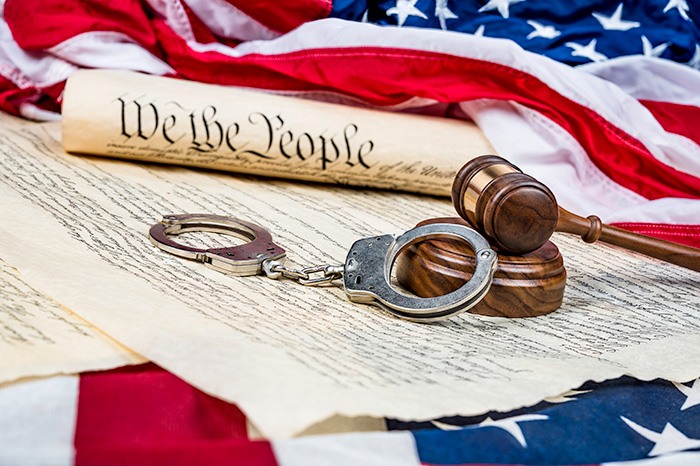There are many types of Denver Bail Bonds to be aware of, each one applying to a different person or set of circumstances related to the commission of a crime. For this reason, each bond has a specific purpose that you should be aware of. Unfortunately, if a defendant is already in the Denver County jail, it may be a little late to learn the specifics in advance.

Bail is a phrase used for money or the property that an arrested person uses to secure their release from jail before trial. If the defendant doesn’t return to court, the bail amount can be forfeited and seized by the court, and an arrest warrant is issued. In some cases, fugitive recovery agents may be hired to track down the accused and return him or her to custody.
A bail bond, on the other hand, is an actual contract that allows people to pay a small amount of the bail cost, usually around 10%, to a bail bond agency for their release. The bail bonds company then gives the court the rest of the bail amount and promises the defendant will return for trial.
Cash Bonds
Some people decide to just pay cash for their bail, if they’re able to do so, but keep in mind the money in your pocket could be required for more pressing needs, even though it’s returned eventually. Also remember that with Denver, CO Bail Bonds a defendant could be required to pay up to15 percent of the bail in order to be released. If bail is set at $50,000 that means the person would have to post $7,500 to be released from jail.
Federal Bail Bonds
Perhaps the most serious are Federal Bail Bonds, used when a defendant is accused of committing a federal crime. In this case, Colorado Bail Bonds of a Federal nature are more expensive than for other crimes. It’s in a case like this when having an experienced bail bondsman can pay huge dividends.
Immigration Bonds
If a foreign national has been committed a crime and ends up in the Denver City jail, than Immigration Bonds would apply to their particular case. These types of bonds are extremely complicated, resulting in considerable risk on the part of the bondsman. For the most part, Immigration bonds are generally more expensive and hard to secure.
Property Bail Bonds
Occasionally, a defendant will run across a sympathetic court that will allow property to be used for bail. These are called Property Bail Bonds, but the property normally has to be worth twice as much as the bail. Like Immigration Bonds, these involve complicated forms and procedures best left to an experienced bondsman.
Surety Bail Bonds
Surety bail bonds are a bit simpler, but can involve a number of contracts with a bail bondsman with many stipulations for release, like drug treatment or counseling programs. Surety Bonds typically require some form of collateral for the bail amount, which could be personal property or some other item.
In Colorado, licensing for bail agents is handled by the State of Colorado Insurance Department. A licensed bail agent is a person or company authorized by the state regulatory agency to arrange bail for people accused of crimes. There are strict licensing requirements, but these are to ensure the bail agent is knowledgeable and follows legitimate practices and can be held accountable for any misdeeds.
If you’ve had a reason to use a bail bondsman in the past, it’s in your best interest to be educated about the different types of bonds that may apply to your situation.